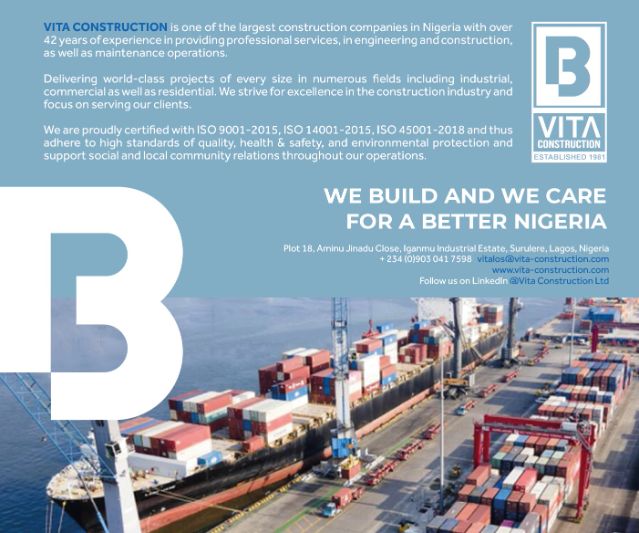In a bid to revolutionise trade facilitation and boost economic growth, the federal government on Tuesday unveiled the National Single Window Project.
Under this new structure, the Federal Inland Revenue Service (FIRS) and the Nigerian Sovereign Investment Authority (NSIA) have been designated as the project’s implementing agencies and financial managers, while the project Secretariat will find its home within the FIRS.
Speaking during the inauguration of the project, the Executive Chairman of FIRS, Zacch Adedeji, highlighted the project’s alignment with President Bola Tinubu’s agenda of stimulating the economy through enhanced trade facilitation.
He emphasised the transformative potential of the National Single Window, describing it as a “catalyst” for achieving an annual GDP growth rate of 7 per cent.
According to Mr Adedeji, the project is not just a technological advancement, but it represents a gateway to a more connected, efficient, and transparent system by linking ports, government agencies, and key stakeholders.
He said the seamless ecosystem aims to save business time, create opportunities in education and healthcare, and enable small businesses to access global markets.
Mr Adedeji put the inefficiencies and costs plaguing Nigerian ports at an estimated annual loss of $4 billion.
He said the project aims to tackle revenue leakage and facilitate effective trade, redirecting these lost resources towards societal development.
The FIRS chair said the move towards paperless trade alone is projected to bring an annual economic benefit of approximately $2.7 billion.
“The heavy cost, delay and inefficiency at our port has been a constant burden. It is estimated that a staggering 4 billion USD annually is lost due to this inefficiency. By addressing revenue leakage prevention and facilitating effective trade, we will reclaim these lost resources and channel them towards the betterment of our society,” he said.
He cited success stories from countries like Singapore, Korea, Kenya, and Saudi Arabia, which have all witnessed significant trade efficiency improvements after implementing similar initiatives. He also expressed Nigeria’s readiness to join these ranks and reap the rewards of a streamlined and digitised trade environment.
Tax Base
Beyond trade facilitation, the National Single Window is a powerful tool for expanding the tax base and capturing the informal e-commerce sector. By providing a unified digital platform for cargo clearance and logistics, the project aims to bring more businesses into the formal economy, ensuring fair contributions to national development.
Mr Adedeji explained the project’s potential to optimise intra-Africa trade by linking Nigeria’s National Single Window with other African nations.
This move aims to position Nigeria as a leader in regional trade facilitation, fostering economic ties and creating new collaborative opportunities.
The lack of a comprehensive trade facilitation system in Nigeria has led to bottlenecks, corruption, and decreased revenue, he said, noting that the National Single Window represents a decisive response to these challenges.
“Moreover, by linking national single windows with other African nations, we will expedite cargo movement and optimise intra-African trade; this repositions Nigeria as a leader in regional trade facilitation, fostering strong economic ties with our neighbour and creating new opportunities for the groups and collaboration.
“The current international trade environment is complex, involving a disparate system and requiring an average of 40 documents per transaction. Nigeria’s lack of a comprehensive trade facilitation system has led to bottlenecks, corruption, poor delay, decreased revenue and a negative business environment. The national single window is a decisive response to these challenges. By improving trade facilitation, revenue generation, economic growth, transparency, security and streamlining process, we will transform Nigeria into a global trade powerhouse,” Mr Adedeji said.
Central to the project’s success is data harmonisation, enabling efficient capture, analysis, and reconciliation of regulatory trade documents.
This, Mr Adedeji explained, will lead to reduced clearance times, improved economic metrics, increased transparency, reduced trade costs, and boosted revenue.











